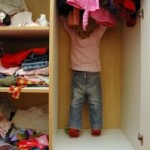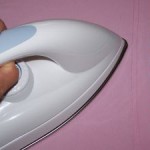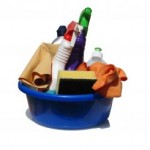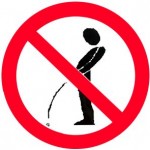 Now that the Summer is getting closer (fingers crossed) it is time to think about how to organise your wardrobe and make space for your summer clothes while getting rid of the winter ones.
Now that the Summer is getting closer (fingers crossed) it is time to think about how to organise your wardrobe and make space for your summer clothes while getting rid of the winter ones.
Here are some tips for keeping your winter clothes in good condition until next season:
1- Always wash coats and clothes before putting them away. Moths are attracted to dirty, sweaty clothes so make sure that every garment is clean before putting them in your wardrobe.
2- Use a fabric bag to protect your clothes from dust and moist. If you have one of those vacuum bags, make sure the garment is properly folded to avoid creases.
3- If you are hanging the clothes, use proper hangers, not those plastic ones we usually get from the shops when we buy new clothes. Wooden hangers are the best ones to hold heavy coats in shape for months.
4- Never use plastic bags to store clothes as this creates moisture.
We know that wardrobe organising would be easier if we had the space for it, but what are your tricks to keep your wardrobes in order? Share with us!






